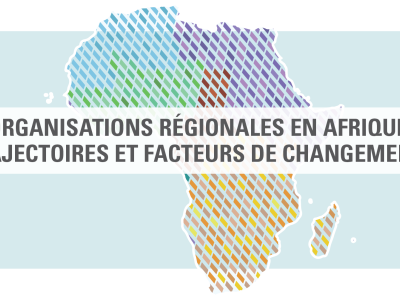
Pooling of Technical Assistance in Mozambique: Innovative Practices and Challenges
This discussion paper highlights the findings of a study of pooling of resources for technical assistance (TA) in Mozambique. It was one of six studies undertaken as part of a wider review carried out by ECDPM and financed by the Netherlands Ministry of Foreign Affairs. The aim of this discussion paper is to contribute to the wider learning and thinking on the requirements of pooling initiatives between international development agencies (IDAs) and recipient governments, such as sector-wide approaches (SWAps) and budget support programmes. This case study explores the many arrangements that have been set up to pool external funds for TA, within the broader framework of public sector reforms that are currently under way in Mozambique. Although far from exhaustive, the review identifies a number of schemes in different settings, capturing most of the variations existing in the field. Because of their importance, pooling schemes set up within the framework of SWAps, covering a broad range of expenditures, including TA, are included in the review. As many arrangements have only recently been introduced or are still on the drawing board, and few are well established, a conclusive assessment is premature. The pooling arrangements reviewed here have been set up in a variety of sectors – agriculture, education, finance, health and the police – and show strong variations in terms of their purpose, comprehensiveness, whether the aid is tied or untied, ownership, integration and success. The Mozambican authorities and IDAs are experimenting with different approaches, some imported, some genuinely indigenous. More often than not, pooling schemes have been introduced at the initiative of the IDAs. Some constraints emerge as recurrent themes across sectors. First and foremost, the serious capacity shortage that affects the country has slowed progress everywhere. The multitude of IDAs with different agendas and interests, often with poor knowledge of the country and of specific sectors, has compounded the picture. Risk-averse recipient authorities, hesitant to choose the direction of change, have sometimes played the role of witnesses of, rather than protagonists in the processes now under way.


